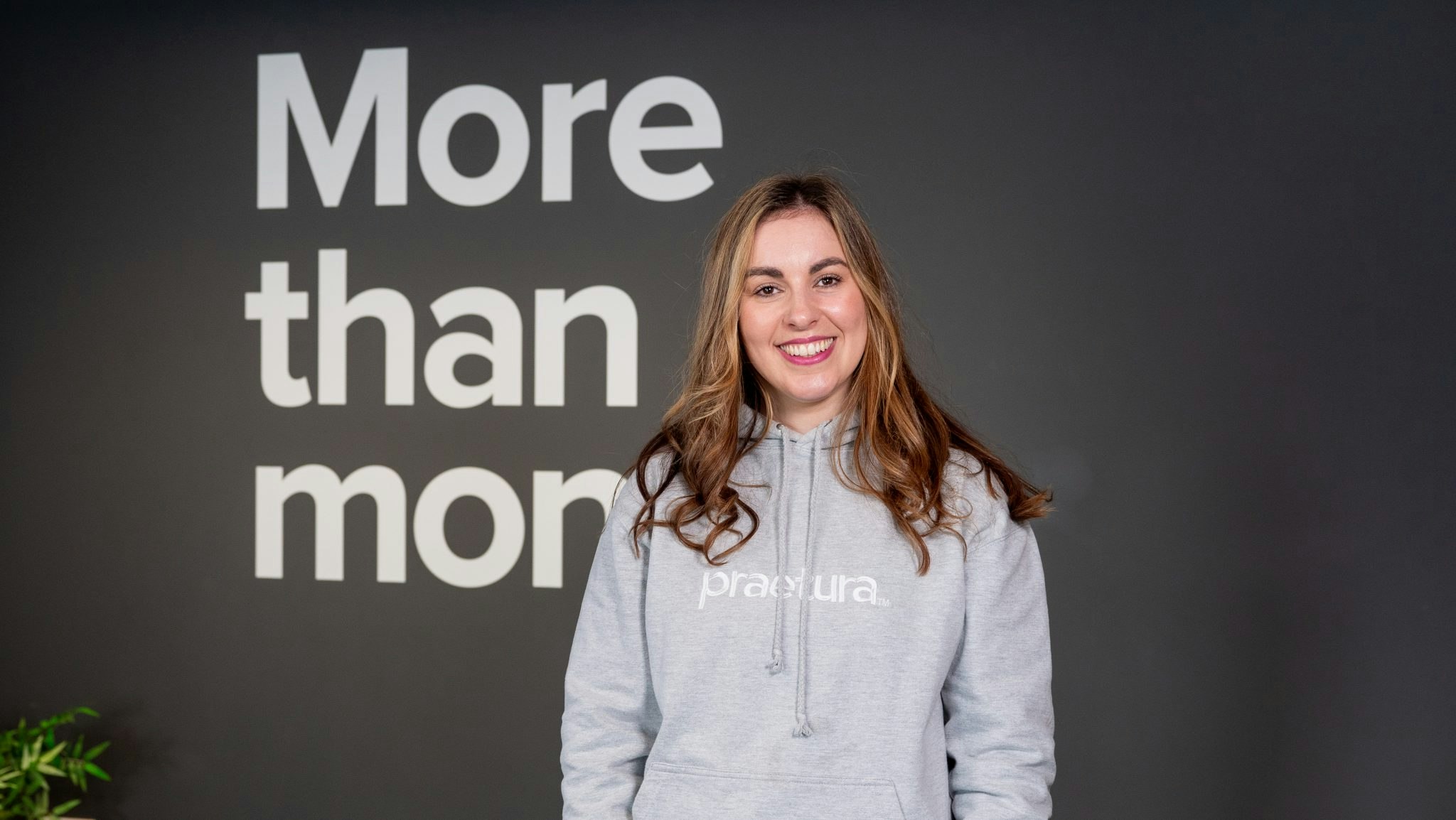The global equity rout has dealt a heavy blow to Britain's Babylon Health.
The digital health company listed on the New York Stock Exchange last year using the latest idol of market exuberance — a special purpose acquisition company, or Spac. But Babylon's since faced a potential delisting after its share price plummeted — and last week announced it would implement a reverse share split to avoid going private again.
It’s also recently pulled out of all but one of its contracts with NHS trusts and laid off staff as it looks to make up a $200m shortfall caused when some investors pulled out of the Spac deal last autumn.
The healthtech isn't the only one-time UK tech darling that’s hit choppy waters on the public markets.
Babylon was part of a new generation of UK tech, alongside businesses like Benevolent AI, Darktrace and Deliveroo, that were hailed as a harbingers of a new era in Europe. One where people would stop asking if Europe could ever even come close to tasting Silicon Valley-level success, and where tech would resuscitate rusting economies and create jobs.
The four companies were all founded in 2013 and much hyped by investors — and the British government. Matt Hancock, the former UK health secretary, was a vocal fan of Babylon’s digital doctor service. Joanna Shields, now Benevolent’s CEO, was so enamoured by the biotech company that she joined it from a role in government. And politicians, Politico discovered, were themselves big users of Deliveroo in the late 2010s.
Sure, other major European tech companies which have listed in recent years — Spotify, Adyen, UiPath — have all seen their share price crater this year. But as a decade of existence looms for this first cohort, have they achieved what they set out to do?
Benevolent AI
Benevolent was founded in 2013 by entrepreneur Ken Mulvany to put AI to use discovering new medicines. Tech veteran Shields took over as CEO in 2018 to shepherd the firm towards “develop[ing] breakthrough therapies”.
It listed in December 2021 in a Spac deal that gave it a €1.5bn valuation, down from a peak $2bn valuation after a 2018 fundraise. Today, its market cap stands at about €600m.
At the end of 2021, [Babylon] had £41m in the bank, but posted losses of £100m
A pitch deck from 2017 describes the company as having 24 "validated hypotheses in clinical and preclinical development" but, five years on, it’s yet to bring a newly discovered drug to market.
That said, Benevolent has made important contributions in repurposing existing drugs. Most notable is its work on Baricitinib, a drug used to treat rheumatoid arthritis, which Benevolent realised could be repurposed to treat coronavirus patients, reducing mortality rates by 38%.
But there’s a big difference between the large financial reward of bringing a new drug to market and repurposing someone else’s drug. If that continues to be the way Benevolent brings drugs to market, it could prove a tricky avenue to make financially sustainable.

The company’s latest financials also don’t look great. It’s seen growing losses for the past few years and filings in 2021 showed a £100m loss, up from £65m in 2020 and £59m in 2019. Benevolent will announce its financial results tomorrow.
Before the Spac deal and public listing — which injected €225m of fresh cash into the company — the company’s financial position looked wobbly. At the end of 2021, it had £41m in the bank, but posted losses of £100m, meaning cash reserves could quickly deplete.
All that said, Benevolent does have a promising-looking set of drugs in its pipeline, including new ways of targeting ulcerative colitis, atopic dermatitis (eczema) and a partnership with AstraZeneca working on finding a new target for chronic kidney disease.
Babylon
Babylon and its charismatic founder Ali Parsa have been making headlines for years. The healthcare startup, which wants to “put an affordable and accessible health service in the hands of every person on Earth”, is nothing if not ambitious.
In 2018, its claims that its artificial intelligence could diagnose medical conditions as accurately as a doctor were met with a wave of backlash from medical professionals and industry media. The Royal College of General Practitioners, the UK’s membership body for family doctors, called the claims “dubious”.
Its digital-first GP service, GP at Hand, has also had a fair amount of criticism since it launched in 2016. It’s been accused of exploiting loopholes in the healthcare system which allow people to sign up to a GP surgery which isn’t in their local area — meaning GP at Hand has hundreds of thousands of registered patients all over England, most of whom are the low-touch, "lucrative" kind.
In 2021 Babylon listed via a Spac on the New York Stock Exchange, at a $4.2bn valuation. It also began focusing far more on the US than the UK (or Rwanda, where it also offers services).

By midway through 2022, it said it had around 269k US customers.
At the same time, though, its share price was plummeting. It hit a low of 53¢ on Thursday last week, and closed the week valuing the company just $226m, prompting the announcement reverse share split move to stop it falling off the exchange altogether.
Deliveroo
It’s hard to deny that Deliveroo has shaken up the takeaway food industry. Nine years after launch, it has 190k riders globally and works with 170k restaurants in 11 markets.
It has, however, been pulling out of markets at a fair pace in recent years. In August, it announced plans to exit the Netherlands, in 2021 it pulled out of Spain and in 2019 left Germany.
When Deliveroo listed on the London Stock Exchange in March last year, its shares plunged 26%
In 2013, an early Deliveroo pitch deck also promised an easy path to profitability — but the business has yet to achieve that.
“We have high and defensible margins at scale,” the pitch deck said, projecting 77-90% gross margins per order. Today, rider fees are higher than the young startup once predicted, and the average order size has fallen.
When Deliveroo listed on the London Stock Exchange in March last year, its shares plunged 26% on debut, wiping £2bn off the company’s opening valuation, which had stood at £7.6bn. At close on Friday it had a £1.46bn market cap.
And its losses continue to widen. Deliveroo reported a pretax loss of £147m in the first six months of 2022, up 54% from the same period in 2021.
Darktrace
Cybersecurity company Darktrace is perhaps the most complex picture. It was founded by a group of mathematicians, AI experts and former spies and quickly found funding from VC firms like Hoxton Ventures and Talis Capital.

It posted significantly more positive financial results for the year ending in June than it did last year — revenues up 46% and net profits of $1.4m, compared to the $146m loss it posted in the previous period.
But it’s still in choppy waters. A £6bn takeover deal collapsed earlier in September, after US private equity fund Thoma Bravo walked out on the deal. CEO Poppy Gustafsson said at the time: “Being listed on the London Stock Exchange is exactly where we want to be right now."
Darktrace continues to be dogged by the legal case around the company’s founder, British billionaire Mike Lynch, who is awaiting a High Court decision on whether he can be extradited to the US to face fraud charges related to the acquisition of a previous business.
The company, like the rest of the 2013 cohort, has suffered a rocky time on the public markets since listing in April last year. Its shares soared by as much as 44% on its initial listing and continued to rise, reaching £9.45 at the end of October 2021 — quadruple the price it debuted at.
After an analyst's note described the company's tech as "snake oil", shares began to tumble
Then, after an analyst’s note described the company’s tech as "snake oil", shares began to tumble. In a response at the time, the company said it uses “cutting-edge AI technology to protect almost 6,000 customers worldwide,” and that its tech “interrupts a cyber-threat every second, stopping attacks before they escalate into a crisis”.
Over the weekend Darktrace’s market cap stood at £2.2bn, slightly higher than the £1.7bn price it opened at back in April 2021.


